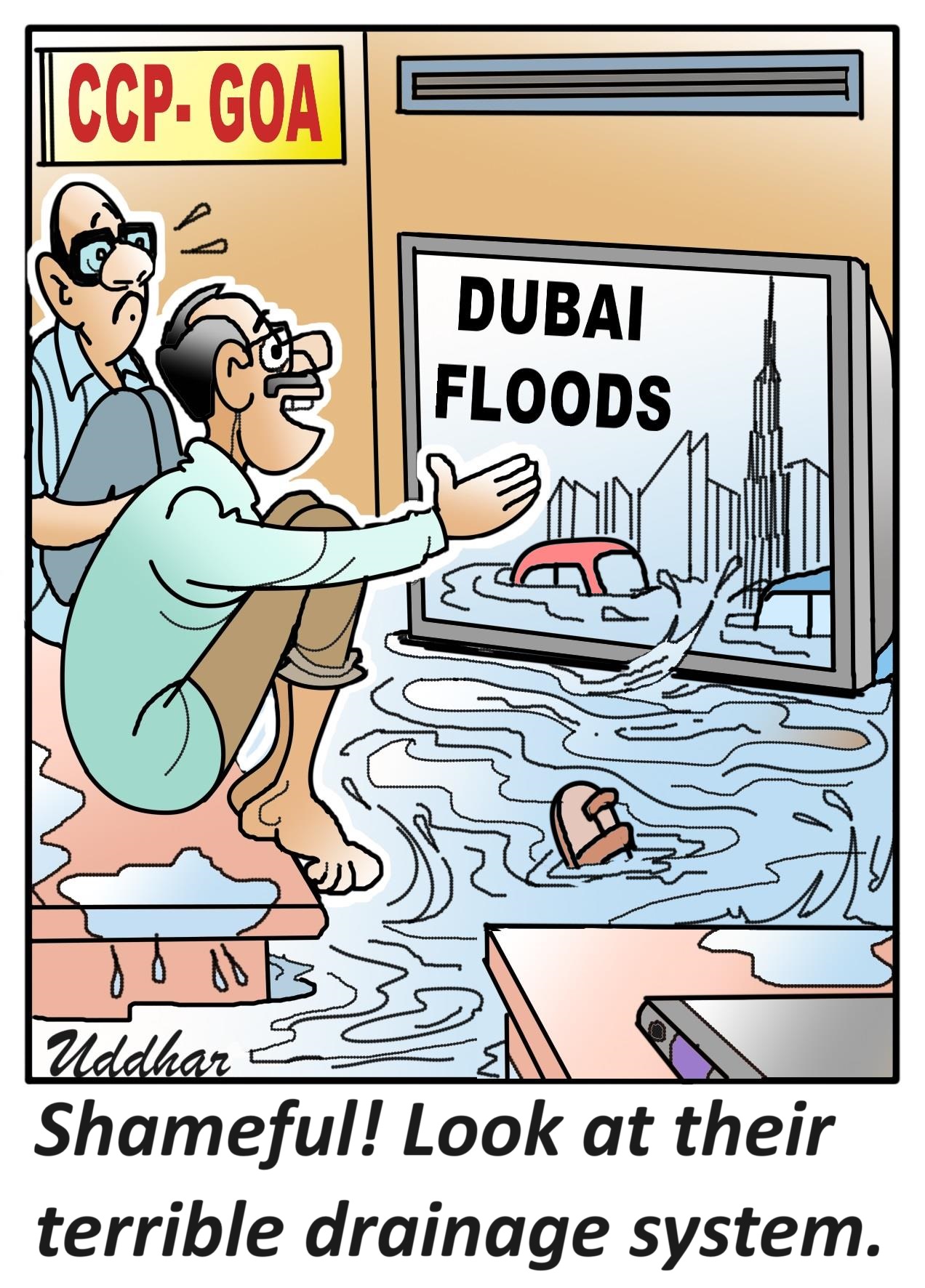A word that is in trend right now is double engine. It's been said that if the government at Centre and State is of the same party then development picks up pace. The same statement is echoed while approaching the voters too. However, it's important to see if these words are reflected through the actions. Whenever there is a talk regarding Goa's development, people are quickly reminded of the State's first chief minister Bhausaheb Bandodkar-led government's rule. The governments which came after that have agreed that the development that was done during Bandodkar's tenure has stood the test of time. The State was ruled by MGP while Congress was at the Centre. Bandodkar wasn't one of those chief ministers who would yield in front of the central body. Once, he had even left Delhi abruptly after there was a delay in approval of ministers' list. In spite of that the development had never taken a hit. So, why should one believe that if there are governments of two different parties at the State and at the Centre, the development will suffer? Does this mean that the Central government is partial when it comes to distributing funds to the States?
Every State has equal rights on Centre's funds since the country has accepted a federal democratic system. The attempt is to nullify this very democratic system by praising the 'double engine government.' Will development really suffer if there are separate ruling parties at the Centre and in the State? The States with opposition parties in power have complained that they have not been receiving funds pertaining to development and GST on time. Nonetheless, a ‘double engine’ government is not a solution to this situation. The government at the Centre should be treating each and every State all the same. There should not be any partiality when it comes to executing Central schemes.
The public is falling for this 'double engine' illuminati because there is no equal treatment at the government level itself. The questions which will arise due to centralisation of power with the so called ‘double engine’ system will harm the very core of the democracy. The centralisation which begins with politics leads to centralisation of socialism and economy. The engine of this freight train will be led by the Central government and the next journey of Goa will be decided by them. In other words, the engine at the front will decide the direction of the journey whereas the engine at the back is expected to blindly push from behind. Does having a government of the same party at the Centre and at State really helped the common men? The 75-year-old political history of various States says otherwise.
There was ‘double engine’ government in Uttar Pradesh for more than 50% of the time since independence, while on the contrary, regional parties in Tamil Nadu are behind the development that has been done in last 30 years in the State. The States where people are socially aware, sensible enough to exchange cultural values regardless of the religions, media which is alert are the States which have shown progress. The stress in these States is on well-studied administration, education, basic facilities, modern economic and social order. If one was to look at socialism side, the regional parties have done a better job at raising questions of farmers, wage workers, small and local traders, manufacturers and those sitting at the lower rung of the society to the administration. The regional parties have fared better when it comes to raising the locals' questions and to bring in improvement in administration's proceedings. A lot depends on central government's will and ability as well.
The diversity in our country alone is bigger than Europe. Hence, running an administration is equally difficult. If each department is given 50 experienced officers and 500 experts, only then will they be able to give justice to the expectations of people. However, that is not possible. Decentralisation is an effective solution on this. And for that, state-wide social revolution is required to build a strong front. People need to be taught to study their questions and to relate them with science and administration. Once again, our social and educational institutions should become centres for creating knowledge and culture.
The youth should be given back charge of their future and should be made strong enough to handle responsibilities for Goa to become a developing State. This work is expected from regional parties. Why would we need a ‘double engine’ for that?
